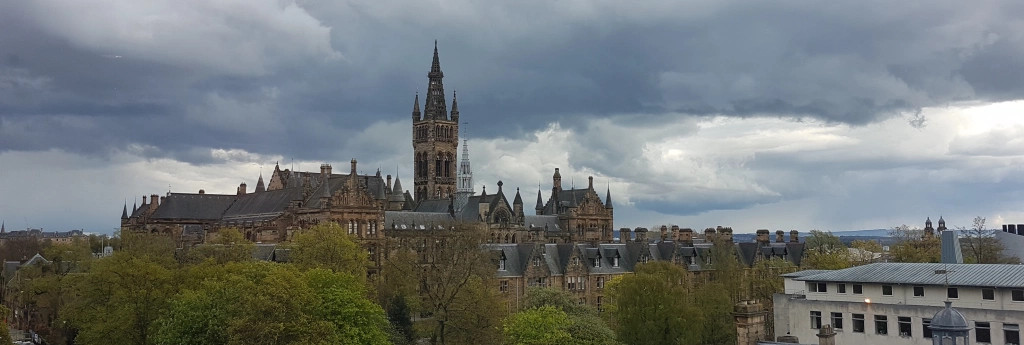Speaker
Description
Chemistry is often called the central science, one that enables further study across a wider range of disciplines. At the same time, chemistry can be exclusive. We don’t like to think of it in those terms, but the emphasis on hands-on practical work, rigid ideas about what must be taught in our degree programmes and how we must assess learning, and certain assumptions about what chemistry graduates will go on to do, can lead to many feeling chemistry is not for them. Many UK universities are engaged in work to make their curricula more inclusive through initiatives to decolonize the curriculum, become anti-racist institutions, and other projects to increase equity and accessibility through widening participation. It can be difficult to know where to start, particularly in STEM disciplines. This work is essential: the challenges faced by humanity will not easily be solved without a global perspective, and diverse voices. This work is hard: reconsidering what is taught, who is teaching, and where we place the emphasis in our curriculum takes reflection and empathy. This work is worthwhile: reconsidering content, context and assessment can provide an opportunity to make chemistry more inclusive and relevant, and to become a subject that is truly central to tackling global challenges. This talk will highlight some examples of what can be done to make chemistry teaching and assessment more accessible and inclusive, particularly by giving students flexibility and choice to research their own context for assessments. At the end, a challenge will be issued to make one small change to what is taught, it’s amazing what you can do in 15 minutes.
